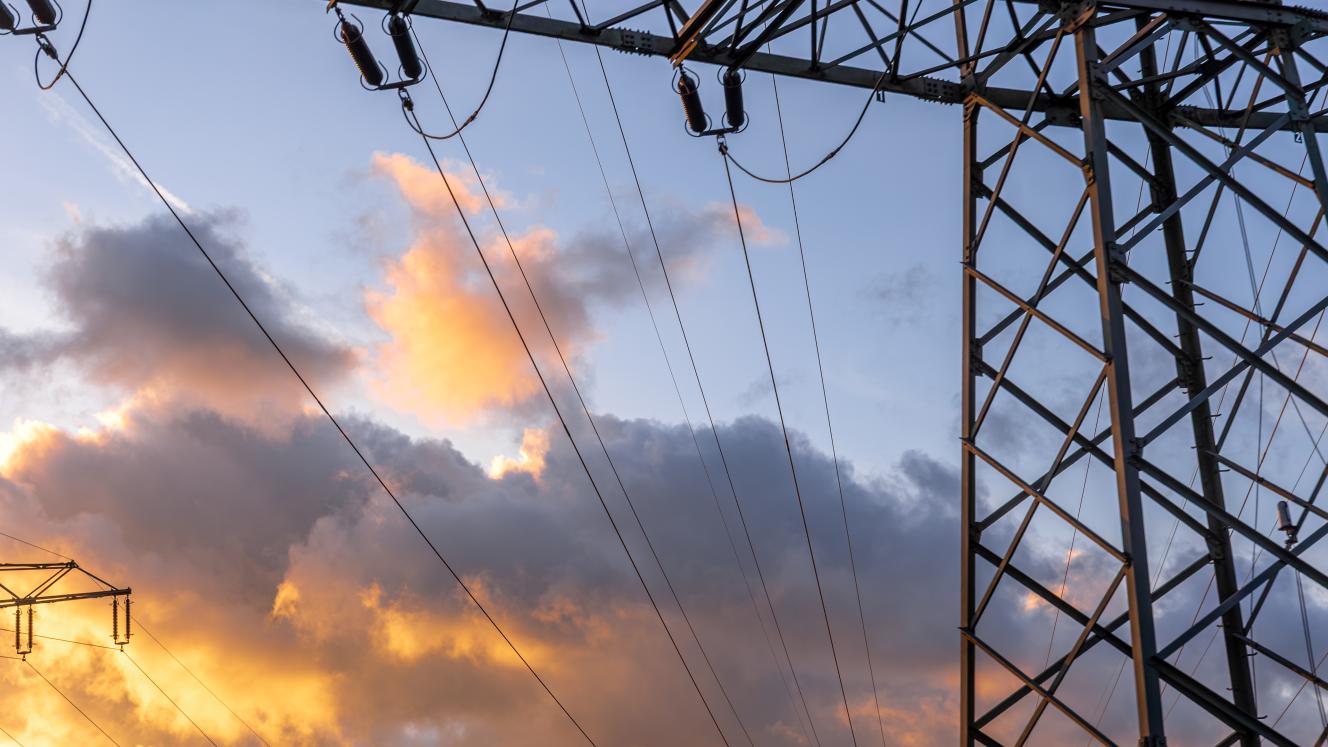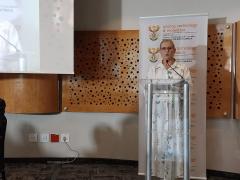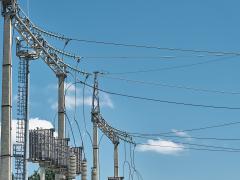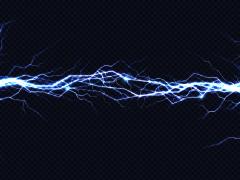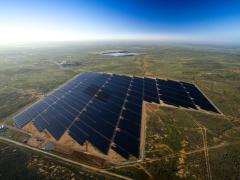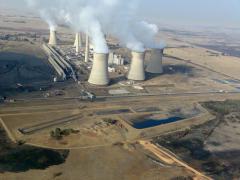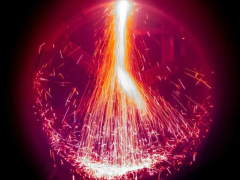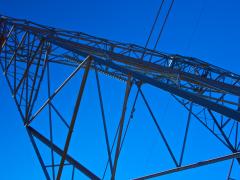Eskom claims that the National Air Quality Officer’s decision to reject its application for further exemptions to the National Air Quality Act could result in the loss of up to 16 000 MW of generating capacity and usher in Stage 8 of load shedding.
Speaking on a nation-wide TV news programme recently, Diedre Herbst, one of Eskom’s senior managers, said that new air quality standards were being applied to old power stations – some which would be closed soon.
According to Herbst, most of Eskom’s power stations have equipment to reduce the amount of NOx and particulate matter emitted into the air, but not SO2.
But SO2 is a deadly pollutant – said to result in the untimely demise of at least 900 people per year. It causes severe damage to the heart, lungs, liver and brain.
The power utility would need to install flue gas desulphurisation equipment which would cost approximately R30-billion per power station, Herbst said, which the power utility cannot afford.
However, the National Air Quality Act was promulgated in 2004 so Eskom had 17 years to bring its power stations to compliance. Instead, the utility has applied for – and been granted – exemptions every year.
Now it seems the Officer has said “enough is enough”.
Eskom’s threat of Stage 8 load shedding is a poor reflection on itself.
The utility has a mandate to generate electricity efficiently and in accordance with health and safety regulations. That should be its first and only focus. Every time it introduces load shedding it fails the public by reneging on its mandate.
The public and the economy are at the mercy of this State-owned entity and its inability to meet its mandate to supply reliable, affordable electricity should be taken very seriously by Government. Yet the relevant ministers remain silent as this SOE undermines the government’s National Development Plan and threatens the livelihood of millions of South Africans.
How did it get this bad?
South Africa is suffering the wrong-doing and poor decisions of previous CEOs, especially those who in recent years deceived the public by saying that “maintenance without outages” was being done, when in reality the power stations were being over-worked and under-maintained, resulting in no load shedding then, but major challenges and equipment failures now. Such reckless action should be taken seriously by Government and those CEOs should be prosecuted and imprisoned for their actions.
What can be done?
It has been shown that the five worst performing stations could be shut down now with little effect on electricity supply - since output is low and unreliable - but would result in significant financial savings and an immediate reduction in these deadly emissions.
The current CEO and his team are doing well – as the recently published results reveal. They now need to be brave enough to shut the five stations down and call on the private sector's help to meet the country's electricity requirements.
Send your comments to rogerl@nowmedia.co.za

